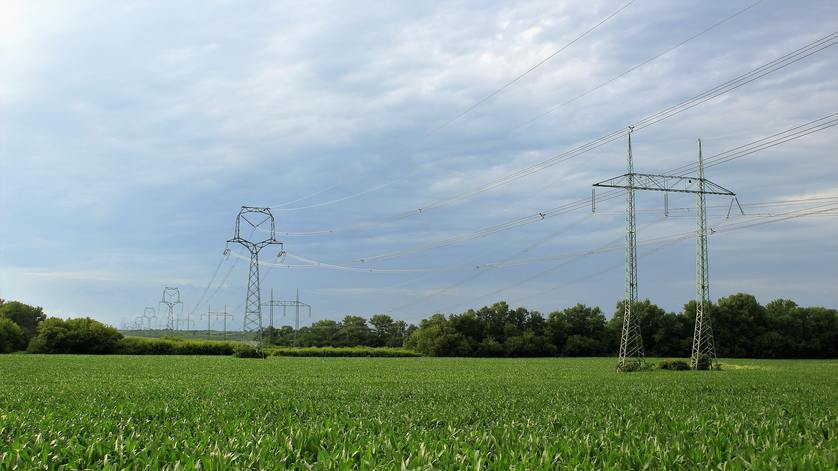
The World Bank Group and African Development Bank Group (AfDB) have unveiled a new deal to connect at least 300 million people in Africa to electricity access by 2030 in a critical collaboration aimed at supporting the attainment of Sustainable Development Goals (SDG) #7 on access to affordable, reliable, sustainable, and modern energy for all.
In the latest plan that is coming up only six years away from the lapse of the timeframe for realization of the global SDGs, the World Bank Group will invest in connecting 250 million people to electricity through distributed renewable energy systems or the distribution grid. The AfDB, on the other hand, will support an additional 50 million people.
Currently, an estimated 600 million people in Africa, or 43% of the total population, lack access to electricity, most of them in Sub-Saharan Africa. This leaving them relying on wood fuel for household cooking – a situation that creates significant barriers to health care, education, productivity, digital inclusivity, job creation and ultimately improved livelihoods.

Speaking at a World Bank webinar titled Energizing Africa: What Will It Take to Accelerate Access & Improve Lives?,World Bank Group President Ajay Banga said access to electricity is a fundamental human right and is foundational to any successful development effort.
“Electricity access is the bedrock of all human development. It is a critical ingredient for economic growth and essential for job creation at scale,” Mr Ajay said, adding that to see the new plan through will take policy action from governments, financing from multilateral development banks, and private sector investment.
This partnership is aided by a constellation of regional energy programs that will now be aligned toward this common goal.
For the World Bank Group to connect 250 million people, $30 billion of public sector investment will be needed, of which International Development Association (IDA), the World Bank’s concessional arm for low-income countries, will be critical.
In addition, governments will need to put in place policies to attract private investment, and reform their utilities so they are financially sound and efficient with tariff mechanisms that protect the poor like targeted billing for poor neighbourhoods.